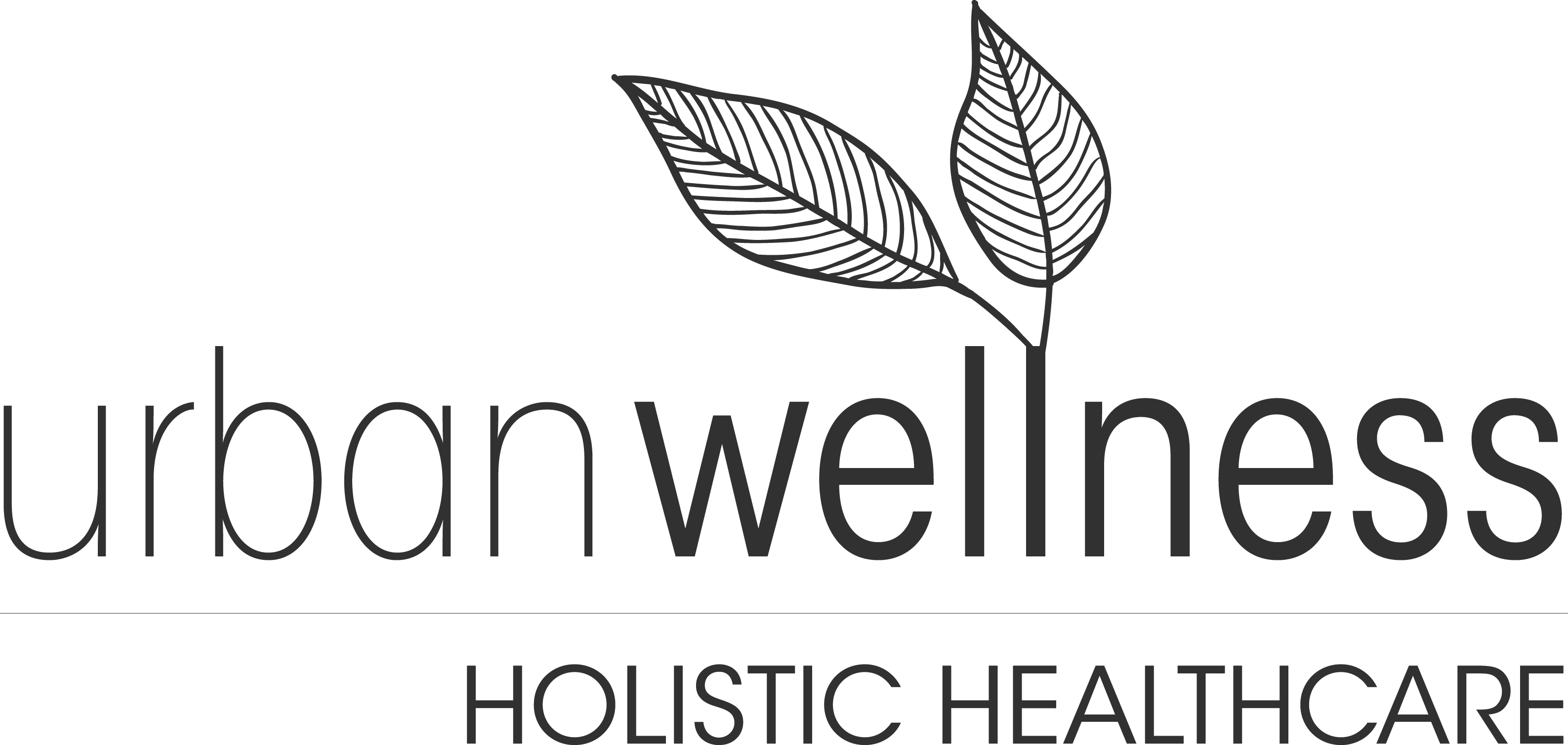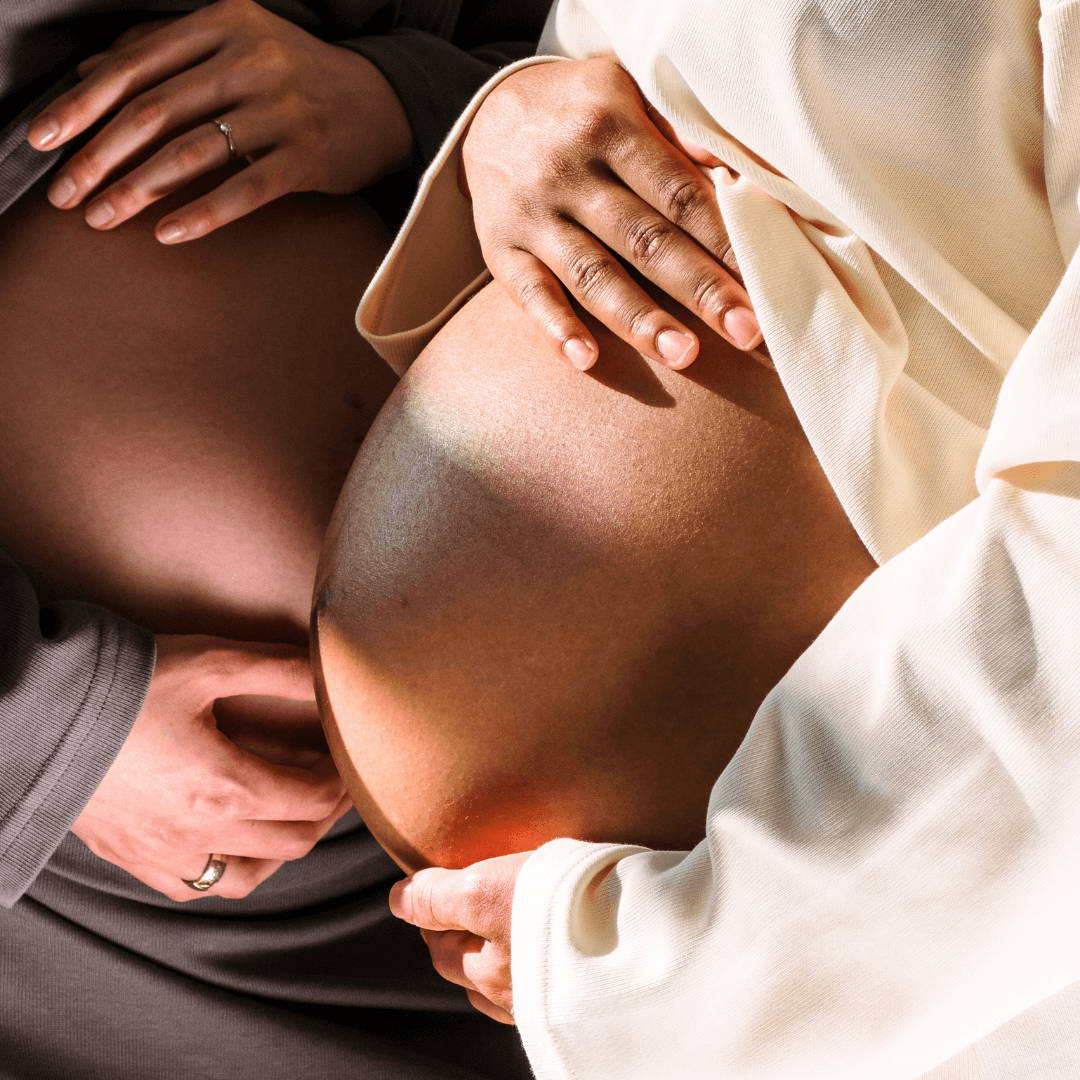Over the years I’ve had a lot of people ask me about acupuncture in pregnancy.
“Is it safe?” “What is it good for?” “Do you only get it to help induce labour?”
Working with pregnant clients as a central focus of my acupuncture practice for over 5 years, I can say without hesitation that I’ve seen it safely help people at every stage of their journey. I love helping people have a smoother, more comfortable pregnancy, and I reject the idea that pregnancy “just feels bad” and there’s nothing to be done about it. There are so many ways to alleviate symptoms and support your changing body through the process, making it easier to connect to the cool parts of growing a whole new human! In this article, I’ll go through the 8 most frequently asked questions that I hear.
- “Is acupuncture safe in pregnancy?”
It is completely understandable to be nervous about acupuncture during pregnancy, especially if you’ve never had it before. The most important thing is to make sure you’re receiving acupuncture from a trained, registered practitioner. “When performed by a licensed practitioner with experience treating expecting patients, acupuncture during pregnancy is generally considered safe”. (https://www.babycenter.com/pregnancy/health-and-safety/is-it-safe-to-have-acupuncture-during-pregnancy_1246184) There have been many medical studies in the last 20 years showing that acupuncture can be an effective and safe way to treat issues that arise in pregnancy, such as nausea/vomiting, headaches, fatigue, hip/back pain, flipping breech babies, heling induce labour and many more.
- “Does Acupuncture hurt?”
Acupuncture typically has minimal negative sensations. Because we use very fine needles (about the diameter of a hair) the feeling of it penetrating the skin is much less than other types of medical needles. While you can usually feel the needle go in, I call the sensation a “zing” more than painful. Some points may be “zingier” than others, but usually all sensation dissipates after 5-30 seconds. Once the needles are in, you rarely continue to feel them.
- “When is a good time to start coming for Acupuncture?”
While you can come anytime during your pregnancy, it is ideal to start as early as possible. With many symptoms, the sooner we start working on them the better. It’s generally advised to try to come weekly in 1st trimester to help support and maintain a healthy pregnancy and to work on the symptoms that come up for most people in the first few weeks. The sooner we address nausea, for example, the easier it is to keep it from becoming severe or debilitating. If you are already past 1st trimester, and many of your symptoms have improved, it’s great to switch to a monthly, or bimonthly treatment plan. Also, if 2nd trimester has added new symptoms, such as headache or carpal tunnel, treatments can be added any time you need to address an issue. If you are in 3rd trimester and thinking about adding acupuncture to your health regimen, it can be great for low back pain, heart burn, flipping breech babies and more. Once you’re preparing for labour, we start the labour prep process at 36 weeks, and continue weekly until your due date, after which we switch to twice a week until delivery.
- “How does acupuncture work?”
Acupuncture as practiced by any Registered Acupuncturist in Canada uses a Traditional Chinese Medicine (TCM) framework for seeing the body. This is a holistic approach, taking in to account your whole body, as well as your mental and emotional health. We view the body as having channels or meridians that determine the natural flow of energy, or Qi, through the body and that connect to the organ systems. TCM seeks to ensure the smooth flow of energy throughout your whole body and the balance all of your systems to be working in harmony with one another. Essentially, by needling very specific points along the pathways, we encourage your body to communicate with itself to optimize it’s own natural functioning.
- “What symptoms can acupuncture treat?”
Acupuncture can treat most symptoms that arise in pregnancy. Each person’s results vary and some people might see total elimination of symptoms while others see only lowered intensity but nearly everyone experiences some improvement. While it is not a replacement for medical treatment, acupuncture can be a great complementary modality, especially if you are not able to use certain pharmaceuticals that you would have used outside of pregnancy. Here are some issues I treat on a regular basis:
-nausea
-vomiting
-fatigue
-low mood
-anxiety
-headaches/migraines
-acid reflux
-carpal tunnel syndrome
– de quervain’s tenosynovitis aka “mommy’s thumb”
-swelling/edema
-body pain (back, pubic symphysis, hips and more)
-flipping breech babies
-helping prepare for and inducing labour
I like to say that I am a tool in your toolbox, ready for whatever job you might need work on!
**BONUS answers- the questions people often don’t know to ask:
“Can acupuncture help post-natal recovery? “
Often called the “4th trimester”, the period following a delivery can be challenging for birthing parents. Prioritizing post-natal recovery can sometimes be overlooked when there’s a brand new person who’s needs are so important to meet. Regardless what kind of delivery you have, birthing parents’ bodies go through major physical and hormonal changes. Acupuncture can be very helpful for regulating this transition and can also treat a variety of issues that may pop up postpartum, like breast/chest feeding issues, tendonitis (all that picking up and holding a new baby!), post-partum depression and even just the physical recovery from such a big event in the body.
The great thing about TCM is that we are always treating each person’s body according to what they specifically need and can handle. If you are able to physically get to and walk around in the clinic, then it’s not too soon to come for a treatment. Some people prefer to wait a few weeks and that’s fine too. Just remember that caring for the parent is as important as caring for the baby and that’s what your practitioners are here for.
If you’d like to book a session with me to learn more, Click Here!
Disclaimer: Tips and suggestions mentioned in the article are for educational purposes only and should not be construed as professional medical advice. Always consult your main healthcare provider if you are experiencing any of the symptoms outlined in this article.

